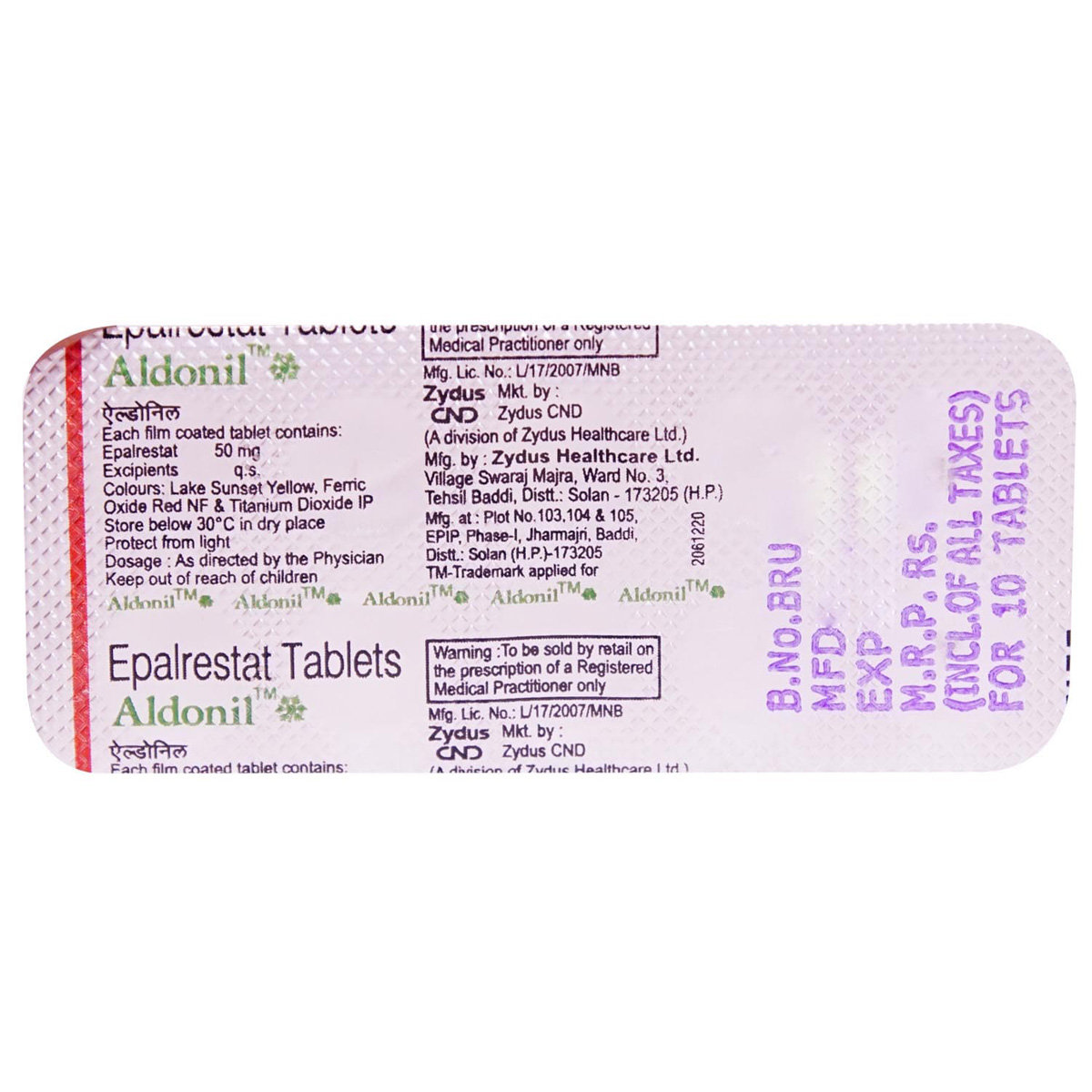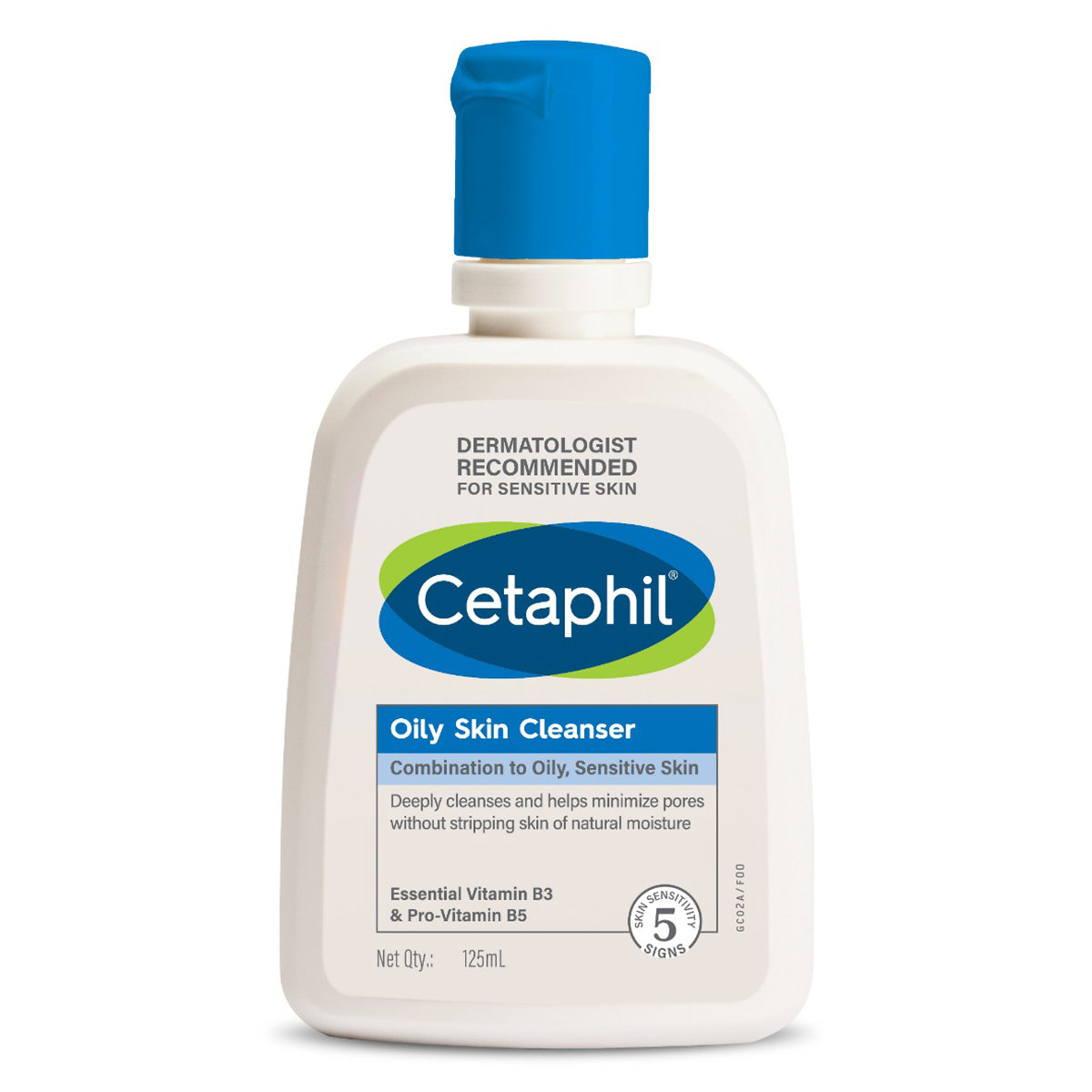Epalridase 50 mg Tablet

MRP ₹107.5
(Inclusive of all Taxes)
₹16.1 Cashback (15%)
know your delivery time
Provide Delivery Location
Composition :
Manufacturer/Marketer :
Consume Type :
Expires on or after :
Return Policy :

Secure Payment

Trusted by 8 Crore Indians

Genuine Products
Therapeutic Class
Country of origin
Manufacturer/Marketer address
Author Details
We provide you with authentic, trustworthy and relevant information
Disclaimer
Alcohol
Safe if prescribed
Avoid consumption of alcohol while taking Epalridase 50 mg Tablet as it may cause increased dizziness.
Pregnancy
Consult your doctor
Limited information is available regarding the use of Epalridase 50 mg Tablet in pregnant women. Please consult your doctor if you have any concerns regarding this, your doctor will prescribe only if the benefits outweigh the risks.
Breast Feeding
Consult your doctor
Limited information is available regarding the use of Epalridase 50 mg Tablet in breastfeeding women. Consult your doctor before taking Epalridase 50 mg Tablet ; your doctor will decide whether Epalridase 50 mg Tablet can be taken by breastfeeding mothers or not.
Driving
Safe if prescribed
Epalridase 50 mg Tablet may cause dizziness. Do not drive or operate machinery unless you are alert.
Liver
Consult your doctor
Epalridase 50 mg Tablet should not be used in patients with severe liver disease. Please consult your doctor if you have a liver impairment or any concerns regarding this.
Kidney
Consult your doctor
Epalridase 50 mg Tablet should be used with caution in patients with kidney impairment. Please consult your doctor if you have kidney impairment or any concerns regarding this.
Children
Safe if prescribed
Epalridase 50 mg Tablet should not be given to children as safety and efficacy have not been established.
Product Substitutes
About Epalridase 50 mg Tablet
Epalridase 50 mg Tablet belongs to a group of medicines called aldose reductase inhibitors used to manage diabetic neuropathy. Diabetic neuropathy is a chronic progressive nerve disease which causes nerve pain due to nerve damage in diabetic patients. It mostly affects the legs and feet.
Epalridase 50 mg Tablet contains ‘Epalrestat’ that works by inhibiting aldose reductase enzyme, which catalyses the conversion of glucose to sorbitol. Accumulation of sorbitol occurs due to hyperglycaemia in patients who have diabetes which leads to nerve pain. Epalridase 50 mg Tablet prevents the accumulation of sorbitol, thereby helps in treating diabetic neuropathy.
You are advised to take Epalridase 50 mg Tablet for as long as your doctor has prescribed it for you depending on your medical condition. In some cases, you may experience certain common side-effects such as nausea, vomiting, diarrhoea, dizziness, and headache. Most of these side-effects do not require medical attention and will resolve gradually over time. However, you are advised to talk to your doctor if you experience these side-effects persistently.
Consult your doctor before taking Epalridase 50 mg Tablet if you are pregnant or breastfeeding. Epalridase 50 mg Tablet may cause drowsiness and dizziness, so drive only if you are alert. Epalridase 50 mg Tablet is not recommended for children as safety and effectiveness have not been established. Avoid consuming alcohol with Epalridase 50 mg Tablet as it could lead to increased drowsiness and dizziness. Keep your doctor informed about your health condition and medicines to rule out any side-effects.
Uses of Epalridase 50 mg Tablet
Medicinal Benefits Mweb
Key Benefits
Epalridase 50 mg Tablet belongs to a group of medicines called aldose reductase inhibitors. Epalridase 50 mg Tablet is used for the management of diabetic neuropathy. Epalridase 50 mg Tablet works by inhibiting the aldose reductase enzyme, which catalyses the conversion of glucose to sorbitol. Accumulation of sorbitol occurs due to hyperglycaemia in patients who have diabetes which leads to nerve pain. Epalridase 50 mg Tablet prevents sorbitol accumulation, thereby treating diabetic neuropathy (pain due to nerve damage).
Directions for Use
Side Effects of Epalridase 50 mg Tablet
- Dizziness
- Nausea
- Vomiting
- Headache
- Diarrhoea
Drug Warnings
Do not take Epalridase 50 mg Tablet if you are allergic to any of its contents. Inform your doctor if you have liver or kidney problems. Consult your doctor before taking Epalridase 50 mg Tablet if you are pregnant or breastfeeding. Epalridase 50 mg Tablet may cause drowsiness and dizziness, so drive only if you are alert. Epalridase 50 mg Tablet is not recommended for children as safety and effectiveness have not been established. Avoid consuming alcohol with Epalridase 50 mg Tablet as it could lead to increased drowsiness and sleepiness.
Drug-Drug Interactions
Drug-Drug Interactions
Login/Sign Up
Drug-Food Interactions
Drug-Food Interactions
Login/Sign Up
Drug-Diseases Interactions
Drug-Diseases Interactions
Login/Sign Up
Habit Forming
Diet & Lifestyle Advise
- Include food rich in vitamin B and D in your diet.
- Include cayenne pepper in your diet as it can help lower neuropathic pain.
- Exercising regularly helps in improving overall health and combating pain.
- Rest well, get plenty of sleep.
- Try taking a warm bath as it can be soothing.
- Avoid smoking and alcohol consumption.
- Meditation and yoga can help lower stress, decrease pain sensitivity and improve coping skills.
- Acupuncture can be helpful by stimulating pressure points.
- Using essential oils for massages can help increase circulation.
All Substitutes & Brand Comparisons
RX
Out of StockEpstat-50 Tablet 10's
Globus Labs
₹14.9
(₹1.34 per unit)
86% CHEAPERRX
Out of StockAlrista 50 mg Tablet 10's
Valiant Remedies Ltd
₹45
(₹4.05 per unit)
58% CHEAPERRX
Out of StockEparel 50 mg Tablet 10's
Micro Labs Ltd
₹64.5
(₹5.81 per unit)
39% CHEAPER
Buy best Skin Disorders products by
Sun Pharmaceutical Industries Ltd
Glenmark Pharmaceuticals Ltd
Cipla Ltd
Oaknet Healthcare Pvt Ltd
Ranbaxy Laboratories Ltd
Salve Pharmaceuticals Pvt Ltd
Torrent Pharmaceuticals Ltd
Dr Reddy's Laboratories Ltd
Karlin Pharmaceuticals & Exports Pvt Ltd
Merck Ltd
Micro Labs Ltd
Abbott India Ltd
Alkem Laboratories Ltd
East West Pharma India Pvt Ltd
Intas Pharmaceuticals Ltd
Leeford Healthcare Ltd
Mohrish Pharmaceuticals Pvt Ltd
P and P Dermaceuticals Pvt Ltd
Surecare Pharma Pvt Ltd
Wockhardt Ltd
Canixa Life Sciences Pvt Ltd
Geno Pharmaceuticals Pvt Ltd
GlaxoSmithKline Pharmaceuticals Ltd
Apex Laboratories Pvt Ltd
Dabur India Ltd
Fourrts India Laboratories Pvt Ltd
Fulford India Ltd
Indi Pharma Pvt Ltd
Lupin Ltd
Mankind Pharma Pvt Ltd
Monichem Healthcare Pvt Ltd
Novartis India Ltd
NuLife Pharmaceuticals
Saf Fermion Ltd
Wallace Pharmaceuticals Pvt Ltd
A. Menarini India Pvt Ltd
Acme Corporation
Ajanta Pharma Ltd
Alembic Pharmaceuticals Ltd
An Pharmaceuticals Pvt Ltd
Apple Therapeutics Pvt Ltd
Biocon Ltd
Comed Chemicals Ltd
Dwd Pharmaceuticals Ltd
Dynamic Techno Medicals
E Merck India Ltd
H&H Pharmaceuticals Ltd
Hegde & Hegde Pharmaceutica Llp
Kaizen Pharmaceuticals Pvt Ltd
Klm Laboratories Pvt Ltd
Kremoint Pharma Pvt Ltd
Liva Health Care Ltd
Macleods Pharmaceuticals Ltd
Menarini India Pvt Ltd
Shalaks Pharmaceuticals Pvt Ltd
Stedman Pharmaceuticals Pvt Ltd
Unichem International
Yash Pharma Laboratories Pvt Ltd
Zee Laboratories Ltd
Adonis Laboratories Pvt Ltd
Alive Pharmaceutical Pvt Ltd
Amwill Healthcare Pvt Ltd
Apple Pharmaceuticals
Athens Labs Ltd
Aventis Pharma
Bayer Corporation
Bayer Pharmaceuticals Pvt Ltd
Bellissa Pharmaceuticals Pvt Ltd
Biochem Pharmaceutical Industries Ltd
Bion Therapeutics (I) Pvt Ltd
Blue Cross Laboratories Pvt Ltd
Cadila Healthcare Ltd
Cadila Pharmaceuticals Ltd
Centaur Pharmaceuticals Pvt Ltd
Concept Pharmaceuticals Ltd
Corona Remedies Pvt Ltd
Cosme Healthcare
DR Johns Lab Pharma Pvt Ltd
Dan Laboratories
Dermocare Laboratories Gujarat Llp
Dollar Company Pvt Ltd
Elder Pharmaceuticals Ltd
Emcee Pharmaceuticals (P) Ltd
Eskon Pharma
FDC Ltd
Fem Care Pharma Ltd
Finn Cosmeceutical Pvt Ltd
Galaxus Pharmaceuticals
Galaxy Biotech
Galderma India Pvt Ltd
Gary Pharmaceuticals Pvt Ltd
Gland Pharma Ltd
Gopish Pharma Ltd
Grefith Life Sciences Pvt Ltd
Ind Swift Laboratories Ltd
Indus Life Sciences Pvt Ltd
Insula Pharmaceuticals Pvt Ltd
Intermed Pharma Pvt Ltd
Intra Labs India Pvt Ltd
Janssen Pharmaceuticals Pvt Ltd
Frequently Bought Together
Customers Also Bought

_0.jpg?tr=q-85)









